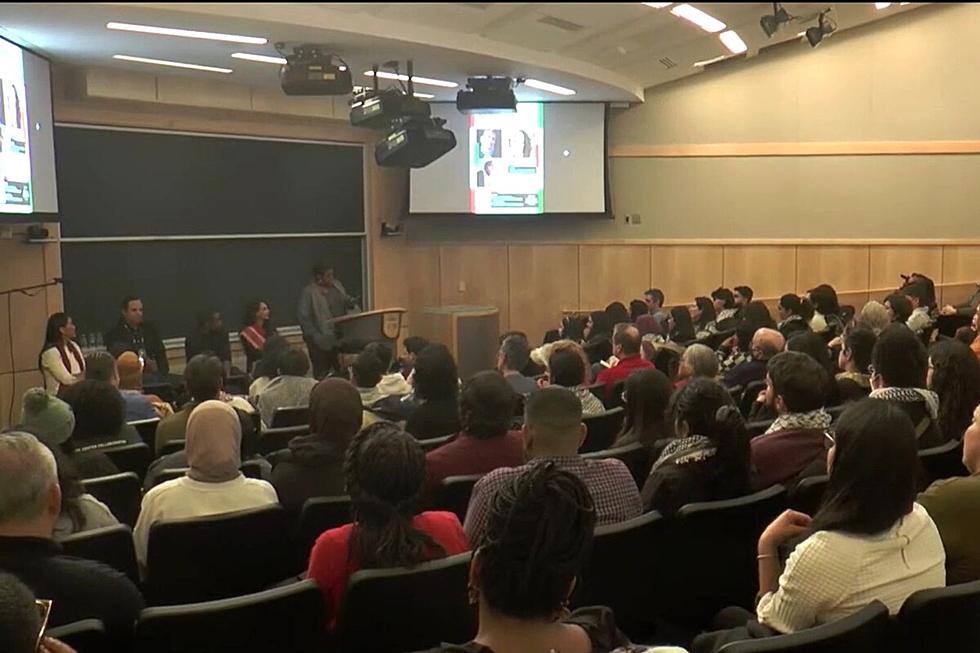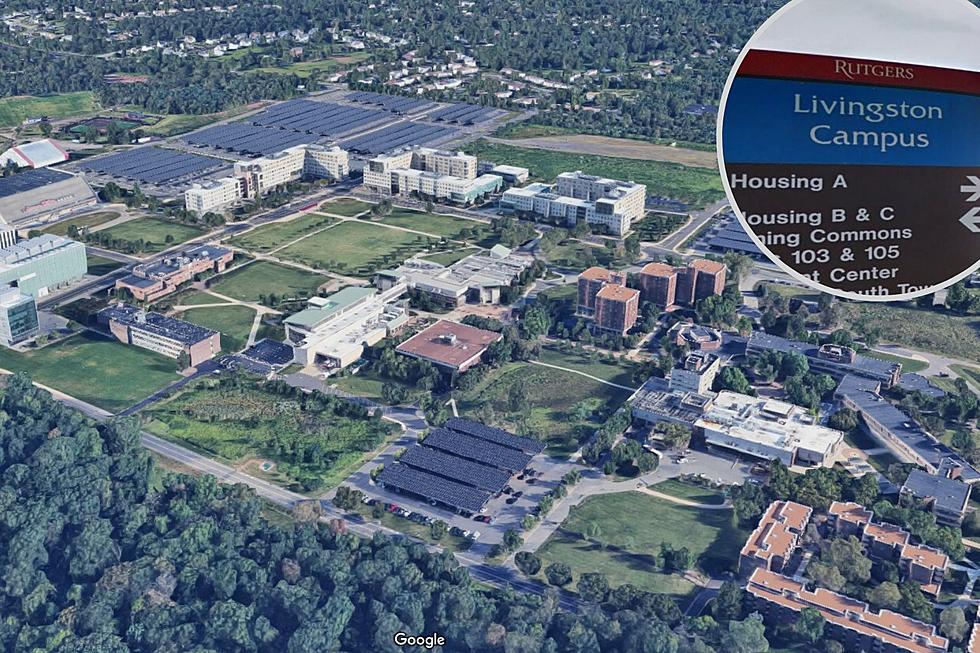
NJ has nearly double the national average of women of color in state politics
According to the latest update of data maintained by the Center for American Women and Politics, more than 600 women of color are now serving in state legislatures nationwide, an all-time high.
"At the end of 2020, women of color constituted 7.4% of the total 7,383 state legislators in the country, and they now currently are 8.2%," Chelsea Hill, CAWP data services manager, said.
CAWP is a unit of the Eagleton Institute of Politics at Rutgers University-New Brunswick, and it turns out that the data collection effort's home base is performing much better than the national numbers.
Of the 36 women among New Jersey's 120 members of the state Senate and Assembly, 19 are women of color, six of them in the Senate and the other 13 in the Assembly.
That's more than half of female state legislators here, and 15.8% of the state legislature overall.

However, among those 19 women, Hill said there are none who identify as Asian or Pacific Islander serving at the Statehouse.
"There never have been, but there are a number of them running in the November 2021 election, so we're hoping to break some glass ceilings there," she said.
It might make sense that New Jersey, where both houses of the Legislature have been under continuous Democratic control for close to two decades, would be home to such a high percentage of women legislators of color.
That mirrors the national trend, according to Hill, of Democratic voters historically electing more women of color than Republican voters do.
"It is heavily weighted toward women who are running as Democrats," Hill said. "Of the 606 women of color, 579 of them are Democrats. Only 25 of them are Republicans."
Turning to Washington, D.C., there is only one woman of color currently serving among New Jersey's Congressional delegation: Rep. Bonnie Watson Coleman, D-12th.
Hill said that four distinct racial or ethnic identifications for women are represented in record numbers at statehouses across the country right now:
- 355 Black women, 341 who identify as Black alone and 14 identifying as Black in combination with other races/ethnicities;
- 154 Latinas, 134 identifying as Latina alone;
- 67 Asians and Pacific Islanders, 54 identifying as AAPI alone;
- 32 Native Americans, 28 identifying as Native American alone.
CAWP collects data on what Hill called a "current" basis, updating it yearly, pending the results of state elections.
She said researchers expect the growth shown from 2020 to 2021 to become a longer-lasting trend.
"While it is a record number, there's still a lot of room to grow, and there's still a lot of work to be done to get that to be a more equitable percentage," Hill said.
Patrick Lavery is New Jersey 101.5's afternoon news anchor. Follow him on Twitter @plavery1015 or email patrick.lavery@townsquaremedia.com.
Celebs With Famous Parents
20 VHS Tapes That Are Still Extremely Valuable
More From New Jersey 101.5 FM









